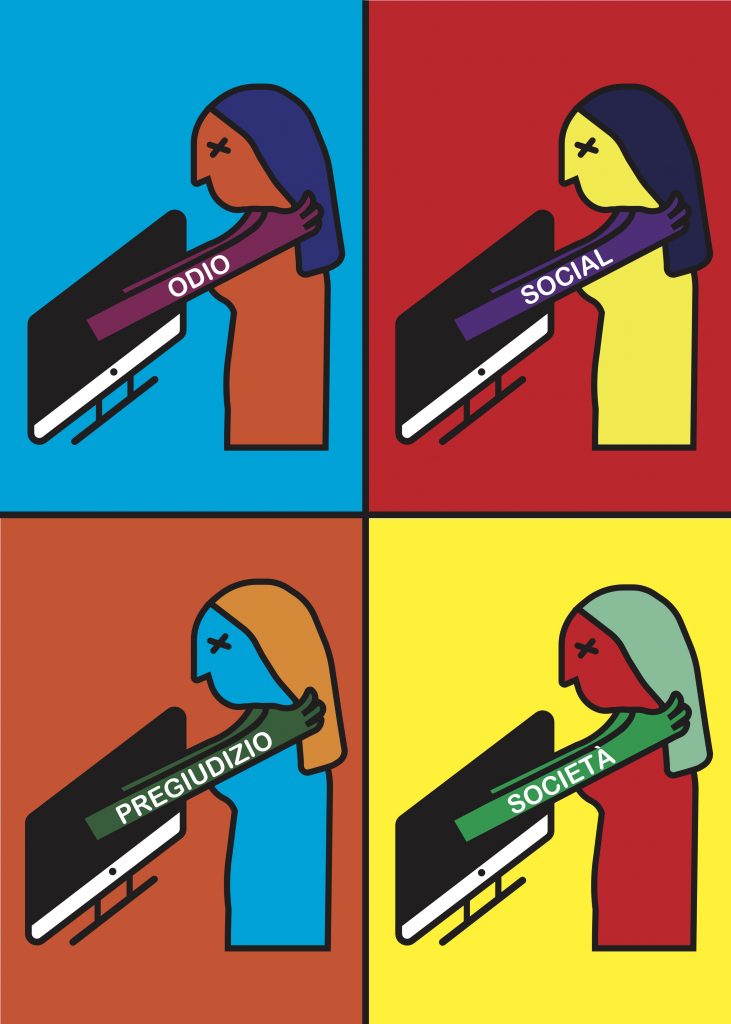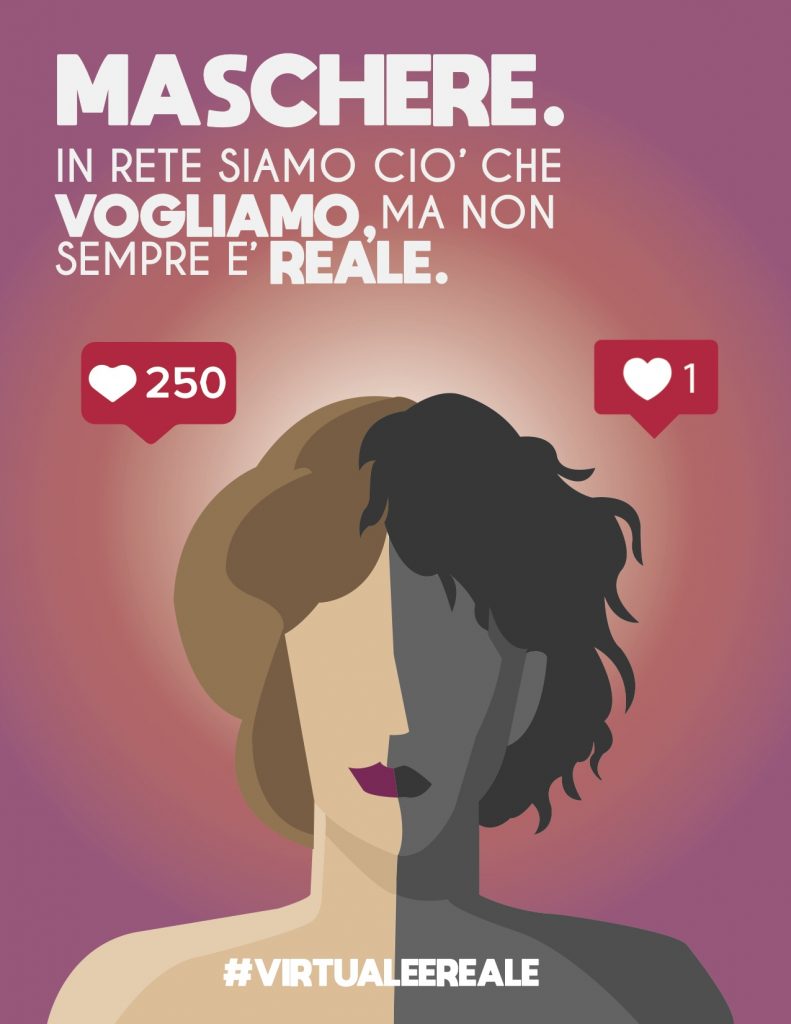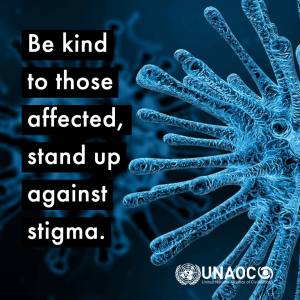
One of the side effects of this whole COVID-19 situation that I’m observing is that, not surprisingly, it’s intensifying some ever-existing problems. I could list many of them, but what I feel the urgency to mention is the situation of those women who are victims of violence in their own houses.
In Italy, more than six million women have been affected at least once in their lifetime by acts of violence. And the most dangerous forms of violence are perpetrated by partners, relatives, or friends. Some organizations are trying to intensify support to women-at-risk through dedicated phone numbers and creating awareness on what they can (and have the right to) do in this complicated moment. But more has to be done, now and after the pandemic is over. Because the economic crisis risks to have a detrimental effect on those family contexts that are already at risk.
With my team at the Research Center on Security and Crime (RiSSC), we’re trying to do our part by working with students and young people, to spread a culture of respect and equality, and get them involved as digital activists.
While the project “Digit.All” to combat sexist hate speech online started well before COVID-19, the complete lock-down of schools risked interrupting all the activities of awareness and digital campaigning we had started more than a year ago.

With my team at the Research Center on Security and Crime (RiSSC), we’re trying to do our part by working with students and young people, to spread a culture of respect and equality, and get them involved as digital activists…
But we did not give up; we got the teachers involved and committed, created Skype chats with the students and were able to continue with our workshops. We discuss why stereotypes and jokes offending women can be dangerous, especially when they turn into hate speech, and how this can contribute to increasing discrimination and even justifying violent acts, up to femicide.
But we also work with them on how to use words, music, art, and digital tools to spread love instead of hate. Students are now preparing a national awareness campaign, called “Love4Love”, that will be launched in the coming weeks and will take place virtually on Instagram. And hopefully, when social distancing is over, it will also become a traveling exhibition in different schools in Italy.
Our Young Digital Activists will be online soon, to advocate for gender equality and stop violence, including verbal violence online, against women. So stay tuned and spread LOVE!
Submitted by: Elena D’Angelo
Country: Italy
UNAOC Programme: EUNA Fellowship
Year: 2017
Title: Senior Researcher
Affiliation: Research Center on Security and Crime (RiSSC)
Twitter: https://twitter.com/dangelo_el?lang=en

